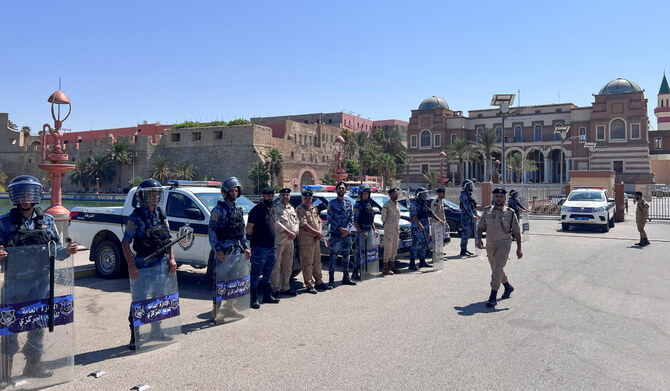The United Nations has hosted discussions with rival Libyan factions to address the ongoing central bank crisis, which has jeopardised the country’s critical oil revenues.
The UN Support Mission in Libya (UNSMIL) facilitated separate meetings with the two administrations, described as being “marked by open and candid dialogue,” according to a statement released by the mission.
The talks come in response to escalating tensions following actions by the eastern-based administration, which accused the Tripoli-based, UN-recognised government of attempting to seize control of the central bank.
The crisis began in early August when a group of armed men laid siege to the bank, demanding the removal of Governor Seddik al-Kabir. Kabir later revealed to the Financial Times that he had fled the country due to threats from armed groups.

UNSMIL reported that the talks in Tripoli resulted in significant understandings between the two sides on resolving the crisis. Both parties agreed to present the draft agreement to their respective chambers for review, with the goal of signing the deal on Tuesday.
Libya remains divided between the UN-backed government led by Prime Minister Abdulhamid Dbeibah in Tripoli and a rival eastern administration supported by military leader Khalifa Haftar.
Tensions flared further on August 18 when the central bank announced the suspension of all operations following the abduction of its information technology chief, who was later released. Shortly thereafter, the eastern-based administration accused an outlaw group aligned with the Tripoli government of forcibly taking over the central bank. In retaliation, they suspended operations at oil fields and terminals within their control.
Libya has been struggling to recover from years of turmoil following the 2011 NATO-backed uprising that ousted longtime ruler Moamer Kadhafi. The ongoing central bank crisis shows the deep divisions that continue to hinder the nation’s stability and economic recovery.


